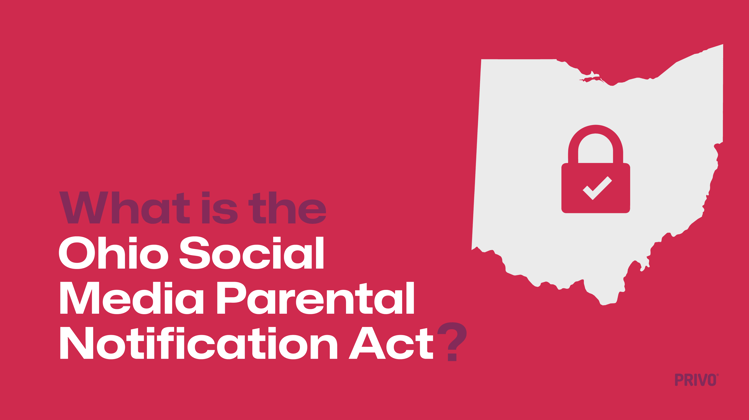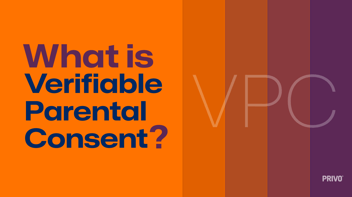
What is the Ohio Social Media Parental Notification Act?
LAST UPDATED: May 5, 2025
The Ohio Social Media Parental Notification Act, as part of House Bill 33, was passed in Ohio’s Fiscal Year 2024-2025 operating budget, by Ohio Governor Mike DeWine and championed by Lt. Governor Jon Husted this past summer.
The new initiative would have required certain online operators to obtain verifiable parental consent to contractual terms of service before permitting kids under the age of 16 to use their platforms. The legislation was supposed to come into effect on January 15, 2024, to comply or faced significant fines of up to $10,000 per affected child. However, in response to a lawsuit filed by an Internet trade association challenging the Act on constitutional grounds, the legislation has been permanently struck down.
In a video with Ohio Governor Mike DeWine and Lt. Governor Jon Husted, as they discuss the Social Media Parental Notification Act as a key priority in their State’s Budget, they quoted Desmond Tutu, “There comes a point where we need to stop just pulling people out of the river. We need to go upstream and find out why they are falling in.” They believe the time has come to hold tech companies accountable for their addictive and harmful design on kids’ mental health.
"It is a fact that tech companies are targeting children with addictive algorithms on social media, and it is negatively affecting their physical and mental health," said Lt. Governor Husted. "This new law gives parents a greater say in if, how and when their children use these platforms."
Key Requirements
Companies must:- Create a method to determine whether the user is a child under the age of 16
- Obtain verifiable parental or legal guardian consent
- Send written confirmation of the consent to the parent or legal guardian
If the user indicates that they are under the age of 16 via the splash page, the following methods can be used for verification:
- Sign a digital form consenting to the terms of service
- Use a credit card, debit card, or other online payment system
- Call a toll-free telephone number
- Connect to trained personnel via video-conference
- Check a form of government-issued identification
Who needs to comply:
“Operators”, meaning any entity that operates an online web site, service, or product that targets children, or is reasonably anticipated to be accessed by children that has users in Ohio state and that allows those users to:
- Interact socially with other users within the confines of the online web site, service, or product
- Construct a public or semipublic profile for the purpose of signing into and using the online web site, service, or product
- Populate a list of other users with whom an individual shares or has the ability to share a social connection within the online web site, service, or product
- Create or post content viewable by others, including on message boards, chat rooms, video channels, direct or private messages or chats, and a landing page or main feed that presents the user with content generated by other users.
- Subject matter
- Language
- Design elements
- Visual content
- Use of animated characters or child-oriented activities and incentives
- Music or other audio content
- Age of models
- Presence of child celebrities or celebrities who appeal to children
- Advertisements
- Empirical evidence regarding audience composition;
- Evidence regarding the intended audience.
Who this does NOT include:
- E-commerce: Online shopping
- Cloud storage or cloud computing services
- Broadband internet access services
- Search engine services.
If a parent or legal guardian fails or refuses to consent to the terms of service, the company must deny access or use of the online website, online service, online product, or online feature by the child.
Enforcement
The Act is enforceable exclusively by the Ohio attorney general, contains a limited cure provision, and provides for, among other relief, the recovery of civil penalties of up to $10,000 per day of noncompliance. The Act was supposed to take effect on January 15, 2024 and is currently in hold.
Need help navigating the Ohio Social Media Parental Notification Act?
Contact PRIVO for expert guidance and our easy to implement compliant age gate api and verifiable parental consent platform to help your company comply by clicking here.
For more information:
>> See Section 1349.09 of House Bill 33
>> Visit the Ohio Governor’s website


 Blog
Blog




 Facebook
Facebook Linkedin
Linkedin Blog
Blog

 Twitter
Twitter

